Finding the perfect candidate for a role can feel like searching for a hidden gem. Resumes and interviews provide valuable insights, but a crucial step in the hiring process often lies beyond them: checking references. Reference checks offer a window into a candidate’s past performance, work ethic, and cultural fit, empowering you to make informed hiring decisions.
To help you get it right, we’ve put together a guide that outlines the best practices for checking references and equips you with the knowledge you need to unlock a candidate’s true potential.
Why Reference Checks Are Essential
Reference checks are a vital part of the hiring process for several reasons:
- Verification of Information: They help confirm the accuracy of the candidate’s resume and interview responses.
- Performance Insights: Referees can provide specific examples of the candidate’s work performance, strengths, and areas for improvement.
- Cultural Fit: Understanding how a candidate behaved in their previous roles can give clues about how they might fit into your company’s culture.
- Risk Mitigation: They help identify any potential red flags that might not be evident from the resume or interview alone.
How to Check References for Employment
Before beginning your reference checks, make sure that you have the candidate’s written consent—this protects both the candidate and your company. Next, gather the reference information: names, titles, contact details (ideally a work phone number and email), and the nature of the candidate’s relationship with each referee. A referee should always be someone the candidate has reported to in the past not a colleague or friend.
A one-size-fits-all approach won’t do when it comes to how to check references. You should be crafting questions that are specific to the position and the candidate’s experience, utilising the candidate’s resume and interview notes to identify strengths and any potential areas to explore further.
What to Ask a Referee
Confirm Employment Details:
- Can you confirm the candidate’s job title, dates of employment, and main responsibilities?
- What was the reason for the candidate leaving the company?
Performance and Skills:
- How would you describe the candidate’s job performance?
- Can you provide examples of key achievements or contributions made by the candidate?
- How did the candidate handle deadlines and pressure?
Work Ethic and Reliability:
- How would you rate the candidate’s reliability and punctuality?
- Did the candidate consistently meet or exceed expectations?
Interpersonal Skills and Teamwork:
- How did the candidate get along with colleagues and supervisors?
- Can you describe the candidate’s communication style?
- Was the candidate able to work effectively as part of a team?
Strengths and Areas for Improvement:
- What are the candidate’s main strengths?
- What areas could the candidate improve on?
- Would you rehire the candidate?
Cultural Fit:
- How did the candidate fit in with the company culture?
- Can you describe the type of work environment in which the candidate thrived?
Interpreting Reference Feedback
Interpreting feedback from referees requires a careful balance of listening to what is said, noting what is not said, and asking follow-up questions when necessary.
Look for Consistency: Compare the feedback from different referees to see if there are consistent themes. Consistent positive or negative feedback across multiple references is usually a strong indicator.
Read Between the Lines: Sometimes, what is not said is as important as what is said. Hesitations or vague responses signals areas that require further probing.
Evaluate Against Role Requirements: Consider how the feedback aligns with the specific requirements of the role you are hiring for. A candidate’s strengths and weaknesses should be evaluated in the context of the position they are applying for.
Reference Check Best Practices
Investing time and effort in reference checks yields substantial benefits. It helps you avoid bad hires, saving you time and resources. More importantly, it allows you to identify top talent who can contribute significantly to your company’s success.
Here are some best practice tips to keep in mind:
Be Professional and Respectful
Approach each reference check with professionalism and respect the referee’s time and confidentiality. Start by introducing yourself and explaining the purpose of your call. Ensure that the conversation is conducted at a convenient time for the referee and maintain a courteous tone throughout.
Document the Feedback
Keep detailed notes of each reference check as this can be useful for future reference and ensures transparency in the hiring process. Detailed records also help in maintaining consistency across different candidates and provide a valuable reference if any questions arise later about the hiring decision.
Use a Structured Format
Having a structured format for your reference checks ensures consistency and comprehensiveness. Use a checklist or a standardised questionnaire to make sure all relevant topics are covered—this helps in comparing different candidates objectively and ensures that nothing is overlooked.
Follow Up on Red Flags
If any red flags are raised during the reference check, don’t hesitate to follow up with additional questions or seek more references. Clarify any ambiguities by asking specific questions and consider reaching out to additional referees to get a broader perspective on the candidate’s background.
Cross-Verify Information
When possible, cross-verify the information obtained from references with other sources, such as background checks or public records. This helps to confirm the accuracy of the information provided and adds an extra layer of confidence to your hiring decision.
Ryan – Your Recruitment Partner
As a leading recruitment agency in Christchurch, the team at Ryan Recruitment understands the importance of conducting detailed reference checks. If you need support with reference checking your next potential hire, we can help. With an average tenure of 7.5 years, our team is highly experienced at conducting thorough checks. We can provide relevant comprehensive feedback and guide you towards making the best hiring decisions for your business.
Contact us today to elevate your hiring process and build a strong talent pool that propels your company forward.


